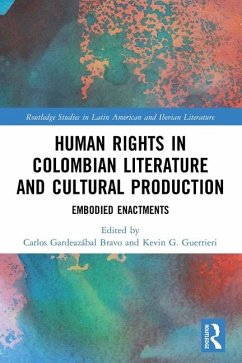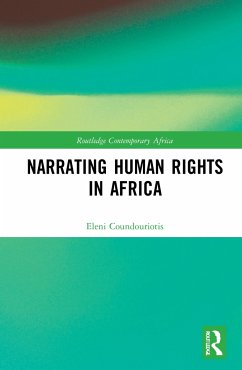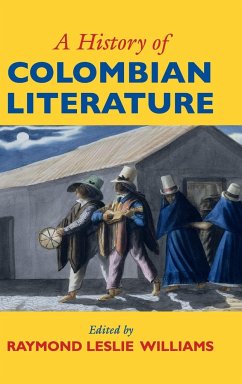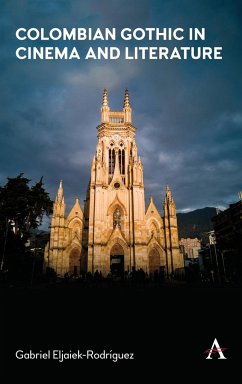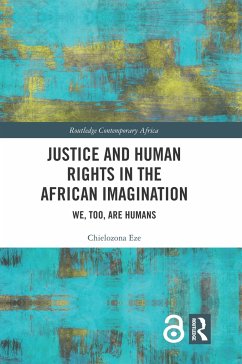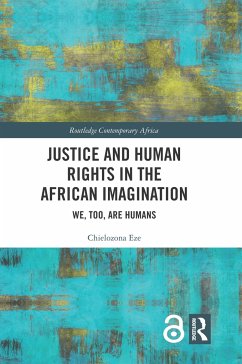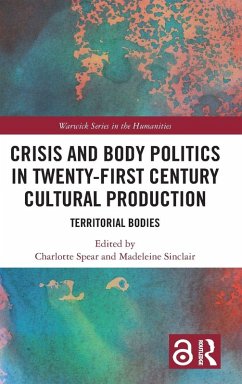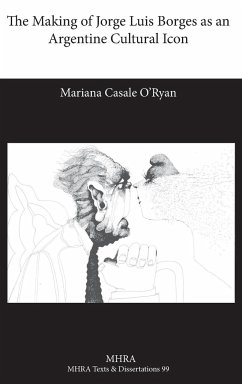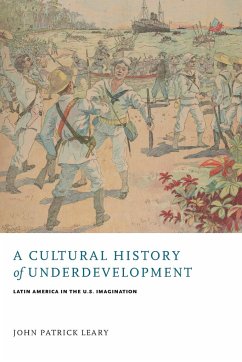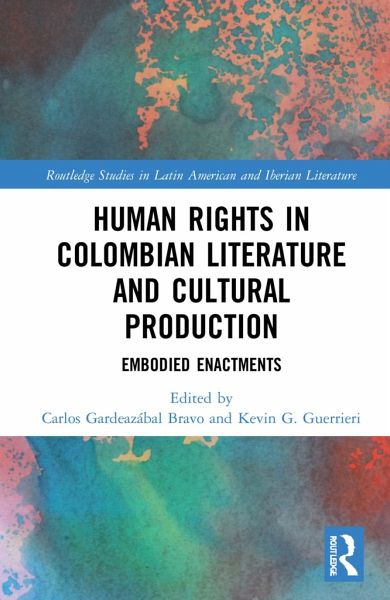
Human Rights in Colombian Literature and Cultural Production
Embodied Enactments
Herausgeber: Bravo, Carlos Gardeazábal; Guerrieri, Kevin G.
Versandkostenfrei!
Versandfertig in 1-2 Wochen
188,99 €
inkl. MwSt.

PAYBACK Punkte
94 °P sammeln!
This volume explores how Colombian novelists, artists, performers, activists, musicians, and others seek to enact-to perform, to stage, to represent-human rights situations that are otherwise enacted discursively, that is, made public or official, in juridical and political realms in which justice often remains an illusory or promised future. In order to probe how cultural production embodies the tensions between the abstract universality of human rights and the materiality of violations on individual human bodies and on determined groups, the volume asks the following questions: How does the ...
This volume explores how Colombian novelists, artists, performers, activists, musicians, and others seek to enact-to perform, to stage, to represent-human rights situations that are otherwise enacted discursively, that is, made public or official, in juridical and political realms in which justice often remains an illusory or promised future. In order to probe how cultural production embodies the tensions between the abstract universality of human rights and the materiality of violations on individual human bodies and on determined groups, the volume asks the following questions: How does the transmission of historical traumas of Colombia's past, through human rights narratives in various forms, inform the debates around the subjects of rights, truth and memory, remembrance and forgetting, and the construction of citizenship through solidarity and collective struggles for justice? What are the different roles taken by cultural products in the interstices among rights, laws, and social justice within different contexts of state violence and states of exception? What are alternative perspectives, sources, and (micro)histories from Colombia of the creation, evolution, and practice of human rights? How does the human rights discourse interface with notions of environmental justice, especially in the face of global climate change, regional (neo)extractivism, the implementation of megaprojects, and ongoing post-accord thefts and (re)appropriations of land? Through a wide range of disciplinary lenses, the different chapters explore counter-hegemonic concepts of human rights, decolonial options struggling against oppression and market logic, and alternative discourses of human dignity and emancipation within the pluriverse.



